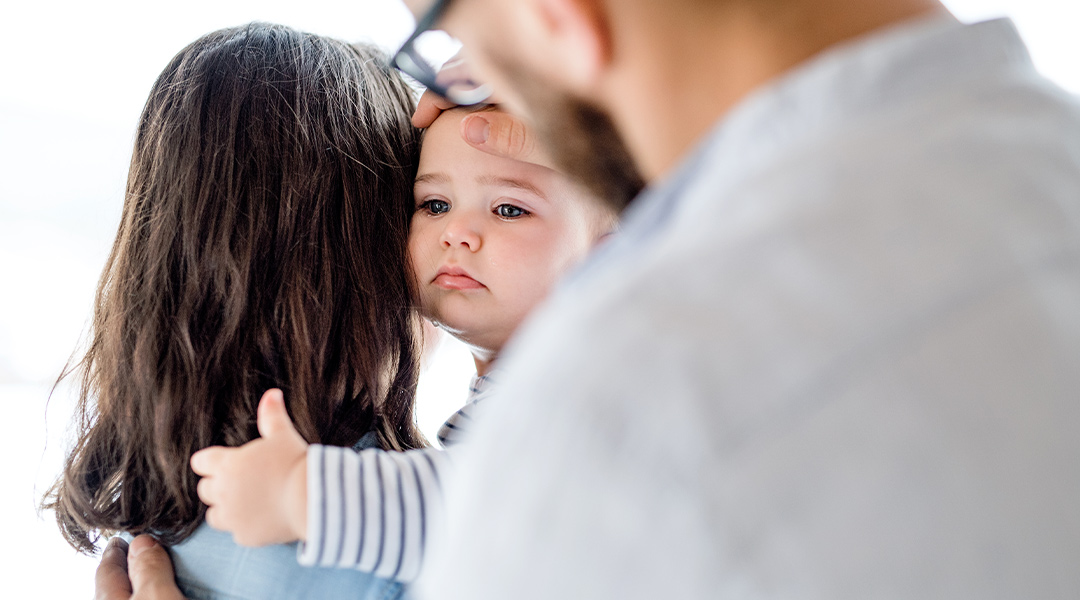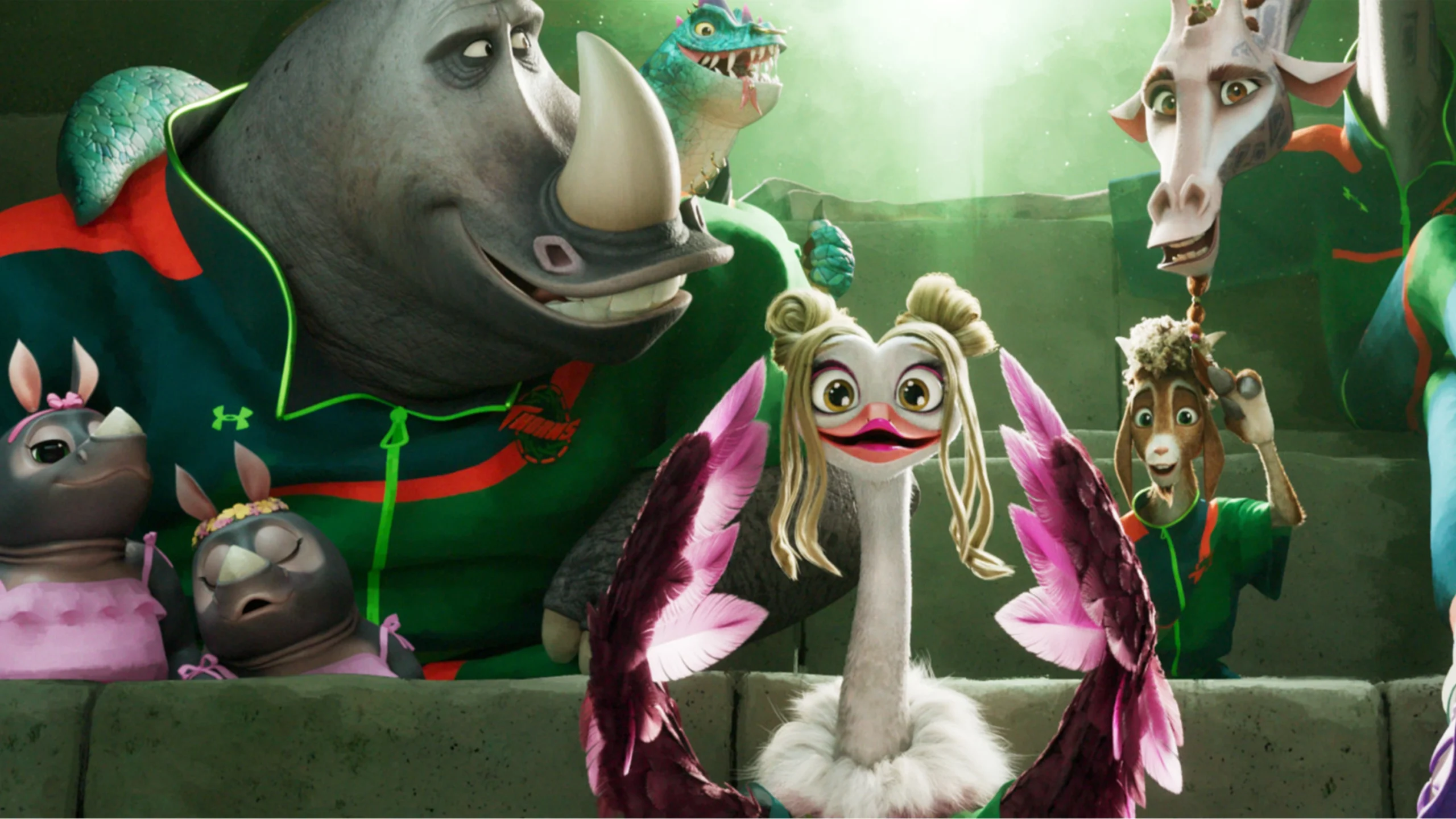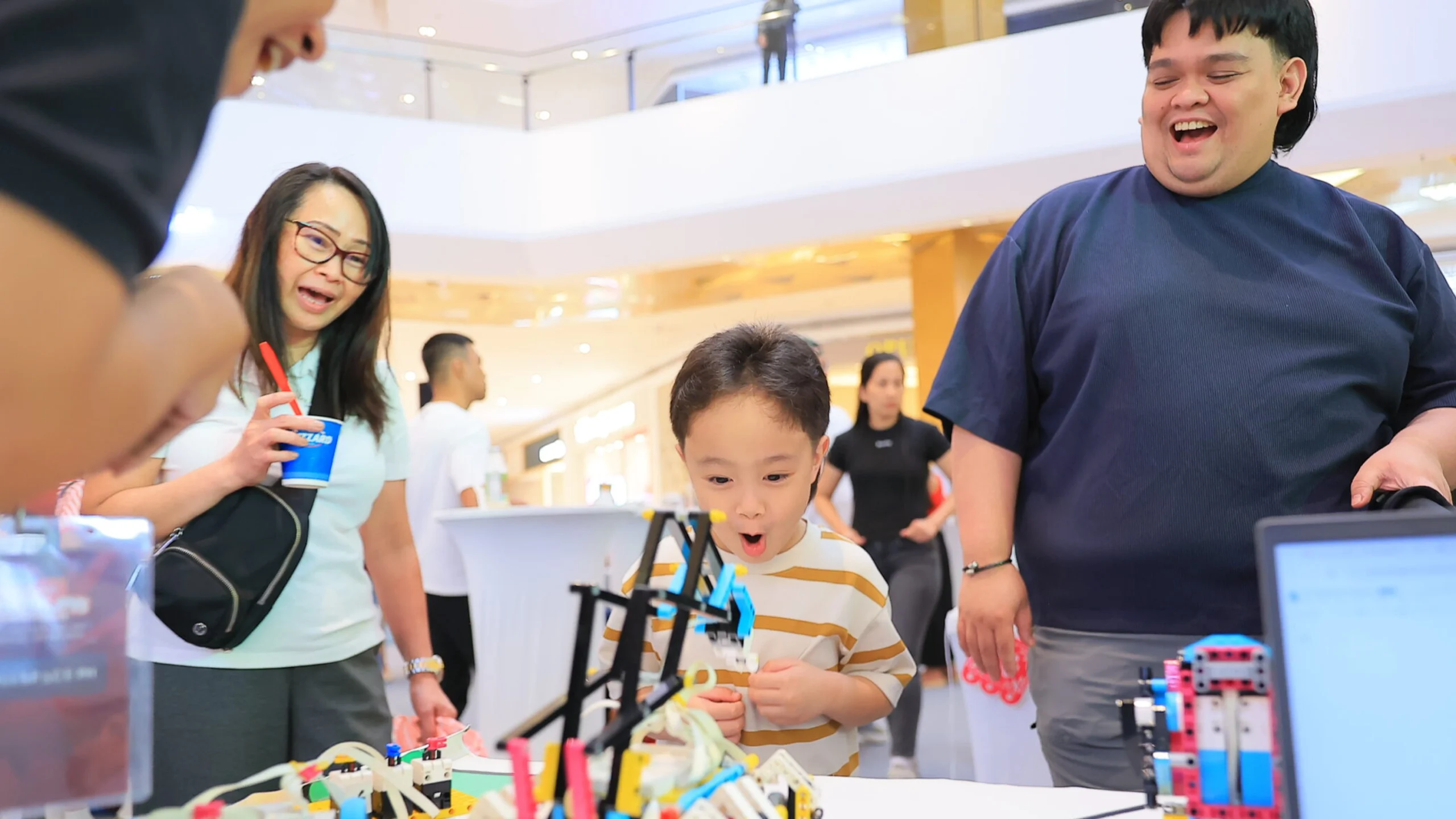8 Things to Say to a Crying Toddler Instead of “Stop Crying”
A crying toddler isn’t trying to manipulate you. He or she is trying to communicate with you.
As parents, we hate seeing our children sad or frustrated. We try to do everything in our power to ensure their health and happiness, as well as prevent a tantrum or meltdown. But we need to remember that it’s also healthy for our kids to experience different kinds of emotions. And for toddlers, one way they communicate their sadness, anger, or frustration is through crying. Of course, crying isn’t a fun thing to hear or watch. But crying is good. Crying is healthy. The next time you see your crying toddler, here are some phrases you can say instead of, “Stop crying!”

Things You Can Say to Your Crying Toddler
- You are feeling sad
- I’m here for you
- It’s hard right now
- I can see this is difficult for you
- We’re on the same team. How can I help you feel better?
- I love you. You are safe.
- Let’s take a break
- I can hear you are crying but I don’t know what you need. Can you help me understand?
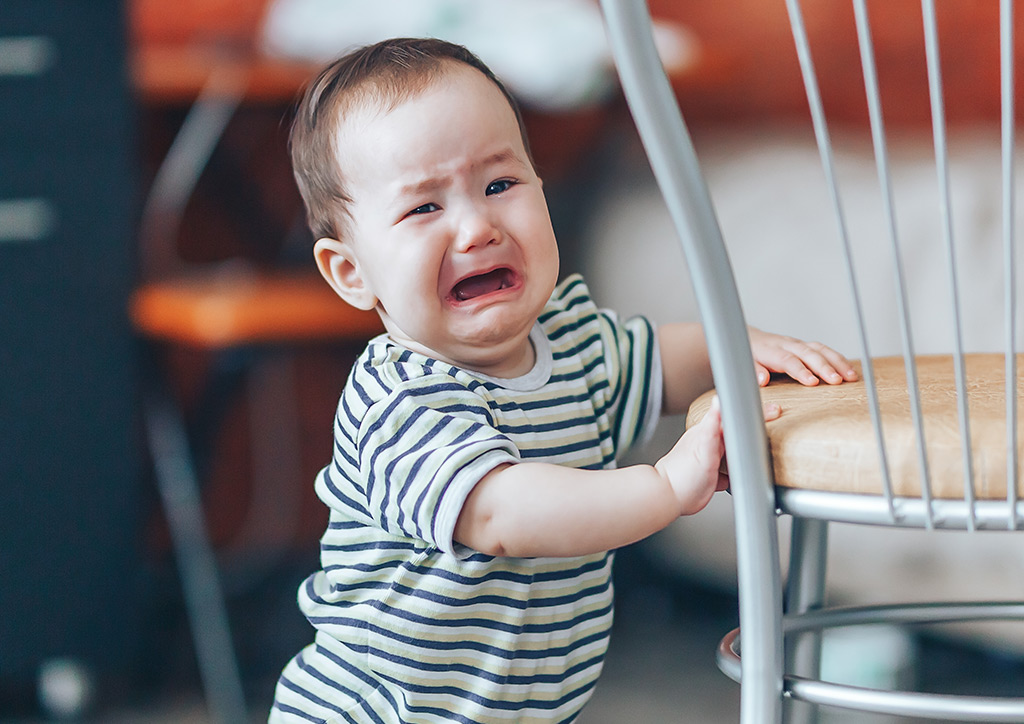
What to Avoid
When your toddler is crying, refrain from fixing the situation, diminishing their feelings, threatening them, or punishing them. Remember that all feelings are part of being human. Feelings are not meant to be pushed deep down. Instead, they should be talked about.
Besides—pushing feelings downs can lead to bigger meltdowns in the future. It may even increase unwanted behaviors as they grow older.
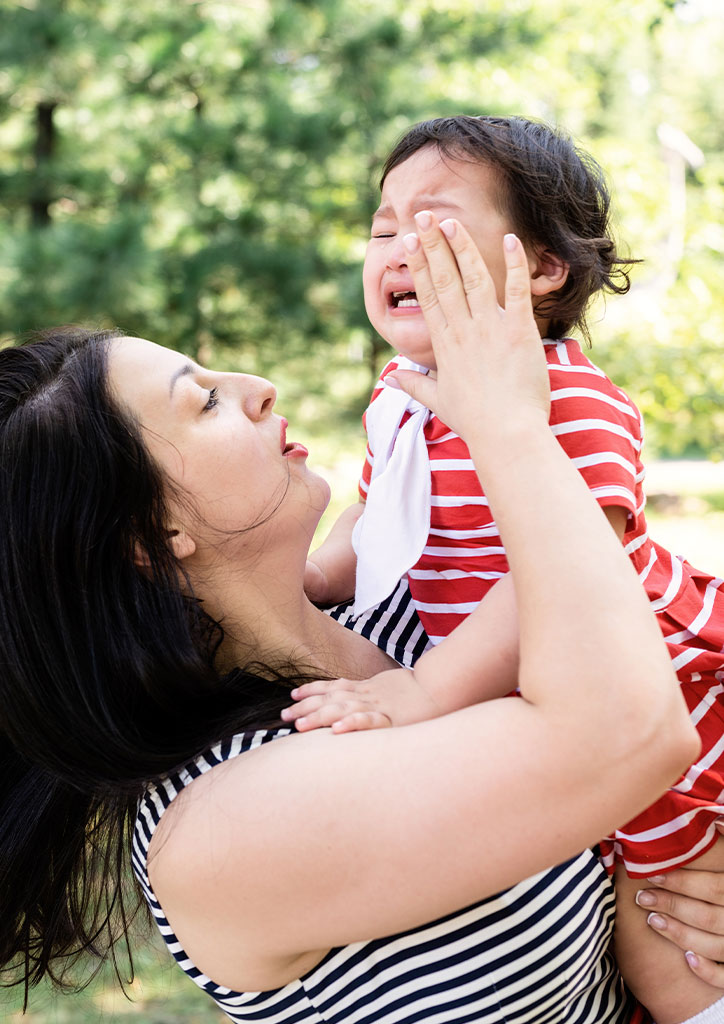
Validating their Feelings
By saying any of the phrases above, you’re acknowledging their emotions and validating their feelings. In addition, it helps them learn how to regulate their own emotions and calm down their nervous system. Moreover, it teaches them that it’s perfectly normal and okay to be sad sometimes.
If you’re struggling to understand your crying toddler, put yourselves in their shoes. Imagine coming home after a hard day at work and that you’re upset about something. You sit down beside your partner and tell them all about it. Yet their response? “It’s not a big deal. You’re overreacting.” That would definitely make us feel even worse! But how would we feel if instead, they said, “Sorry that happened. I get it.”
By doing the same to your crying toddler, it lets them know that they can cry it out and that you’re just there for them. This also shows them they can trust you, be honest with you, and feel safe with you. Plus, it helps them recover faster and shorten future tantrums while building lifelong emotional skills and self-worth.
Read similar stories on Modern Parenting:
Sarah Weston: On Bringing Out Light Energy, Setting Boundaries, and Embracing Her Name
3 Traits of a Calm Parent That Does Gentle Parenting
Filipino Tradition and Gentle Parenting According to a Child Development Coach
